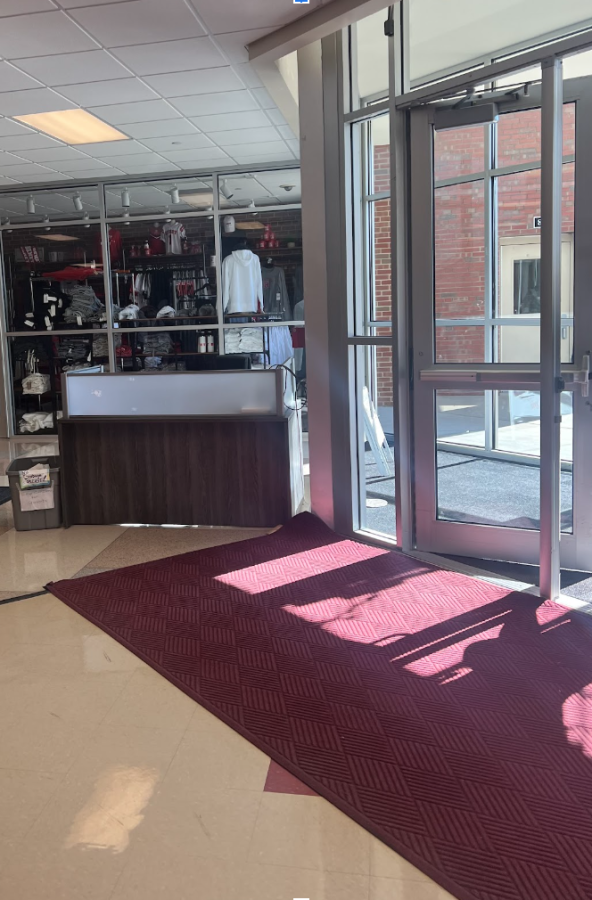ALICE Drills: The New Way to Handle School Shootings
This past school week, Benet Academy hosted its annual Safety Week devoted to practicing emergency protocol in case of a fire, tornado, or a school shooter. A significant focus in Safety Week was the ALICE school shooting drill. The informational drill occurred during the fourth period and lasted about 10 minutes. Benet Academy required faculty and students to watch an ALICE training video to prepare students and discuss how to react when shooters are in different parts of the building.
In the past, lockdown drills consisted of hiding in the corner of a classroom, but drills have since changed. ALICE, which stands for Alert Lockdown Inform Counter Evacuate, was adopted by schools so that students would be better prepared to act in a school shooting scenario. ALICE consists of thinking through a series of steps: locking down the classroom, informing the police, countering the attacker by barricading, and evacuating as soon as possible. Benet Academy decided to implement the ALICE program after school shootings became regular in the news. Dean of Benet Academy, Mr. Cabay, said, “ALICE is a better way to respond to a violent school threat. The old lockdown procedure was not the best way to save lives.”
Dean Cabay’s claim that ALICE is a more effective way to deal with school shooters is supported by The Journal of School Violence. The journal published scientific research evaluating the traditional lockdown adopted by many schools and found it is no longer a viable stand-alone option. The ALICE options-based strategies can save lives in an active shooter event. The research showed that crowding in a corner only makes it easier for the shooter to target as many people as possible. ALICE involves barricading the door so that it is harder for the shooter to enter the room, but if they do get in, students are taught to spread out and throw anything they can at them. Benet Academy student Maddie DeGuzman said, “I think ALICE makes me more aware of the possibilities I have if I were in a shooting event. I did not feel as prepared when we would just practice hiding.”
However, other sources show the inefficiency of the ALICE program and the emotional trauma it can cause children. Dr. Nancy Rappaport, a Harvard Medical School professor, explained that active shooter drills could confuse and scare people, especially young children who cannot differentiate a drill from an actual situation. She adds that barricading lockdown drills lack statistical evidence of efficiency. This is true, as some Benet Academy students agree with Dr. Rappaport. One junior, Caroline Acuff, said, “Barricading does not feel like a very effective way of protecting ourselves from a shooter. I think we would benefit more from safety features at schools like security, stronger locks, and mental health assistance so that shootings don’t happen in the first place.”
Benet Academy has made efforts to ensure safety by adding double-locked doors in two front entrances and a parent volunteer to monitor who comes in and out of the school. Some students feel prepared and safe by ALICE drills and extra safety measures, while others do not feel as prepared and unsafe.
Additional Resources:
https://www.thetrace.org/2019/12/alice-active-shooter-training-school-safety/








